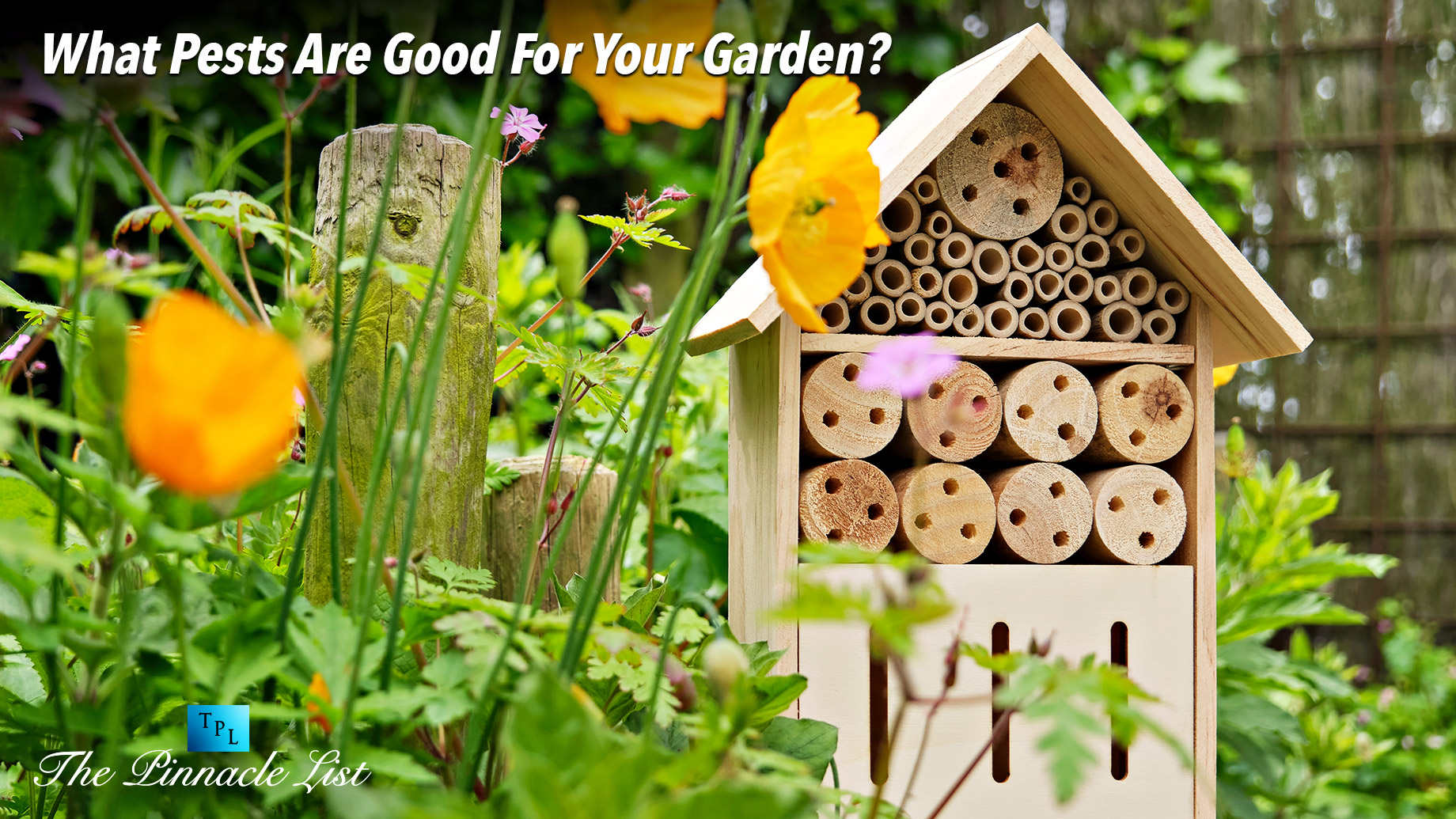
As a gardener, you want to make sure your plants stay safe and look “fresh”, unfortunately, garden pests are everywhere and can be anything. Using pesticides is part of pest control but if you can use these “biological weapons” why not?
Pests are usually insects and their derivatives and some may be harmful to others if the victim is a harmful pest then that’s great! This article makes sure you understand some of the pests that are actually beneficial to your garden.
Basically, all kinds of insects in your garden are part of a micro-ecosystem. Some are harmful, and some are beneficial, and in the context of the ecosystem, all take their share. By welcoming beneficial insects, you can reduce harmful pests, perhaps even without involving pesticides.
Let’s Start with Bees
Bees are great pollinators and are very beneficial to your flowering plants. They are so important, in fact, that they are responsible for the productivity of 35% of the world’s food crops, according to the US Department of Agriculture. However, some still consider them pests because of their sting.
Predatory Beetles
Predator beetles are often considered pests, but they are the enemies of many other smaller insect pests. Yes, they are hated in Japan but in our country, “allowing them in limited numbers” may be beneficial.
The Monstrous Praying Mantis
They are good hunters in silence and are greatly feared by many other insects, to name a few Japanese beetles, various moths, and bedbugs. Keeping praying mantises can wreak havoc on many types of pests, however, they are also dangerous to “other good pests”.
Spiders
Spiders are also hunters of pests, such as ants, aphids, and various types of beetles. But don’t be rash in introducing just any spider into your garden. Some spiders are poisonous and harmful to humans.
Syrphid fly
These are annoying enough to be called pests, but they are a deterrent to the growth of some expansive pest communities, such as aphids and bed bugs. Adult Syrphid flies like to lay their eggs near aphid swarms until newborn larvae arrive and feed on the aphid colony. Adult flies can also act as pollinators which are of course responsible for fertilization. At first glance, they resemble small bees but of course, do not sting.
Parasitic wasps
They, just like the Syrphid Fly, like to seek out aphid colonies and lay their eggs nearby, hoping that their larvae will eat the aphids. Parasite wasps are honestly harmless to humans, and there are no reports of them ever stinging humans. They can also pollinate your garden and are definitely an important part of the sustainability of your micro-ecosystem.
Little Pirate Bugs
This is a small, oval-shaped insect with a penchant for mites, aphids, thrips, and more. They are a farmer’s best friend and unlike Syrphid Flies and parasitic wasps, they can bite. For some people, they are also annoying pests, not for plants but for humans.